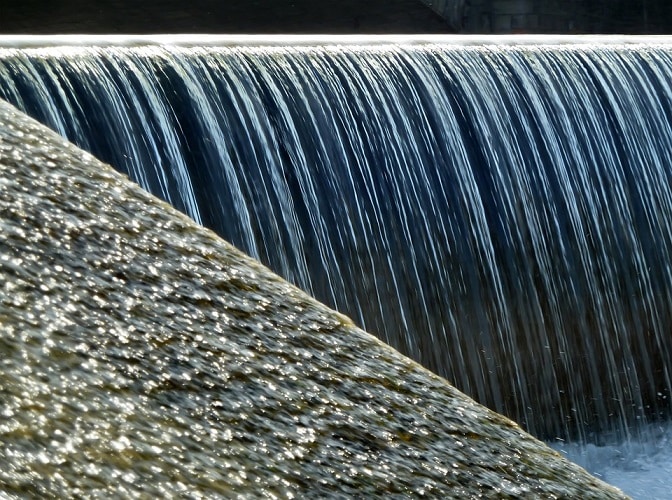The very long drought and subsequent water crisis in the Western Cape resulted in Premier Helen Zille declaring the Western Cape a disaster area on 22 May 2017, in response to the drought crises. The City of Cape Town has since introduced ever more stringent water restrictions.
The City recently escalated to Level 4 Water Restrictions, which are only applicable when dam levels are critically low. Dam levels in the Cape are, despite some recent rains, at a mere 22.8%, which is still far off the dam levels of 35.4% this time last year. Being that the last 10% cannot be used, this means that there is only around 12.8% of potable water left.
While the Western Cape is facing a serious water crisis due to the drought, the demand for potable water has steadily increased every year due to the province’s rapidly growing population mostly as a result of migration from other provinces, and economy.
The Level 4 Water Restrictions currently in place means:
- Water usage must be cut to less than 100 litres, per person, per day
- No hosing down of paved surfaces with municipal drinking water.
- No irrigation/watering with municipal drinking water allowed.
- No washing of vehicles and boats with municipal water. (Commercial car washes may apply for exemption.)
- Private swimming pools may not be topped up or filled with municipal drinking water.
- Use of portable play pools prohibited.
- Water features may not use municipal drinking water.
The city council has requested ideas and information from companies and organisations interested in supplyingš installing and operating temporary reverse osmosis plants. The council intends installing several large and small plants along the seashore as well as inland and hopes to have the first of them producing fresh drinking water from seawater by the end of August, 2017.
The city will require these reverse osmosis plants to be operational for at least six monthsš but might require (them) to remain in production for ¦ one year or possibly even two yearsš depending upon the rainfallš said Kevin Balfourš head of infrastructure in the city council water and sanitation department.
Once the desalination plants are up and running they are expected to pump out up to 500 million litres of water a day.
Buy water coolers or rent water coolers from Living-Water.






